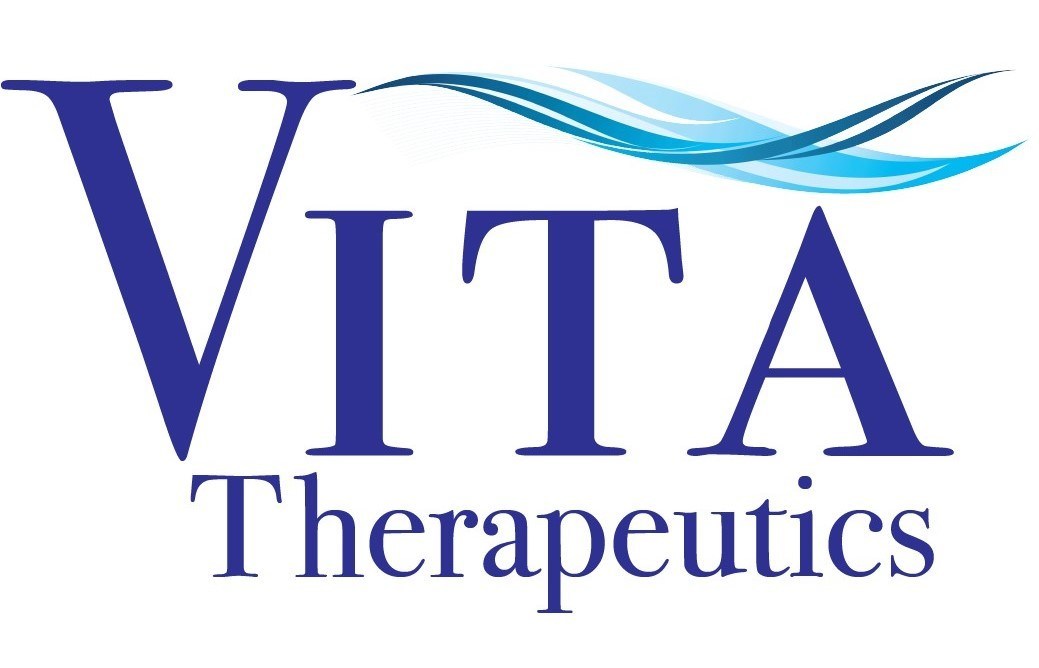
Vita Therapeutics, Inc. recently announced that it received orphan drug designation from the FDA for VTA-110, a novel regenerative therapy for the treatment of Duchenne. VTA-110, is a potential first-in-class allogenic iPSC-based therapy that has shown the ability to repair and regenerate healthy muscle in preclinical studies with the potential to benefit people with Duchenne.
PPMD is proud to have been an earlier funder of this promising therapy when it was first developed at Johns Hopkins University and the Kennedy Krieger Institute in the labs of Dr. Kathryn Wagner and Dr. Gabsang Lee.
Read the announcement from Vita:
Vita Therapeutics receives Orphan Drug Designation from FDA for new novel treatment
BALTIMORE, July 23, 2020 /PRNewswire/ — Vita Therapeutics, Inc. announced today that it received orphan drug designation (ODD) from the U.S. Food and Drug Administration (FDA) for VTA-110, a novel regenerative therapy for the treatment of Duchenne’s Muscular Dystrophy (DMD).
VTA-110, is a potential first-in-class allogenic iPSC-based therapy that has shown the ability to repair and regenerate healthy muscle in preclinical studies and has the potential to benefit patients with DMD. The company plans to continue to progress this treatment towards clinical trials and plans to bring it forward for other congenital muscular dystrophy diseases as well. This therapy was exclusively licensed from technology originally invented at Johns Hopkins University and the Kennedy Krieger Institute in the labs of Dr. Kathryn Wagner and Dr. Gabsang Lee.
Douglas Falk, M.S., Chief Executive Officer of Vita Therapeutics commented, “We are very pleased the FDA granted orphan drug designation for VTA-110. This represents an important step in the right direction for developing innovative treatments for patients with an incredibly high unmet medical need. We believe VTA-110 has the potential to be a long-term disease-modifying treatment for patients living with DMD and other types of muscular dystrophy.”
The FDA grants ODD status to medicines intended for the treatment, diagnosis or prevention of rare diseases or disorders that affect fewer than 200,000 people annually. For a drug to qualify for orphan designation both the drug and the disease or condition must meet certain criteria specified in the ODA and FDA’s implementing regulations. Orphan designation qualifies the sponsor of the drug for various development incentives including tax credits for qualified clinical testing and 7 years of marketing exclusivity if regulatory approval is ultimately received.



 by: Parent Project Muscular Dystrophy
by: Parent Project Muscular Dystrophy

